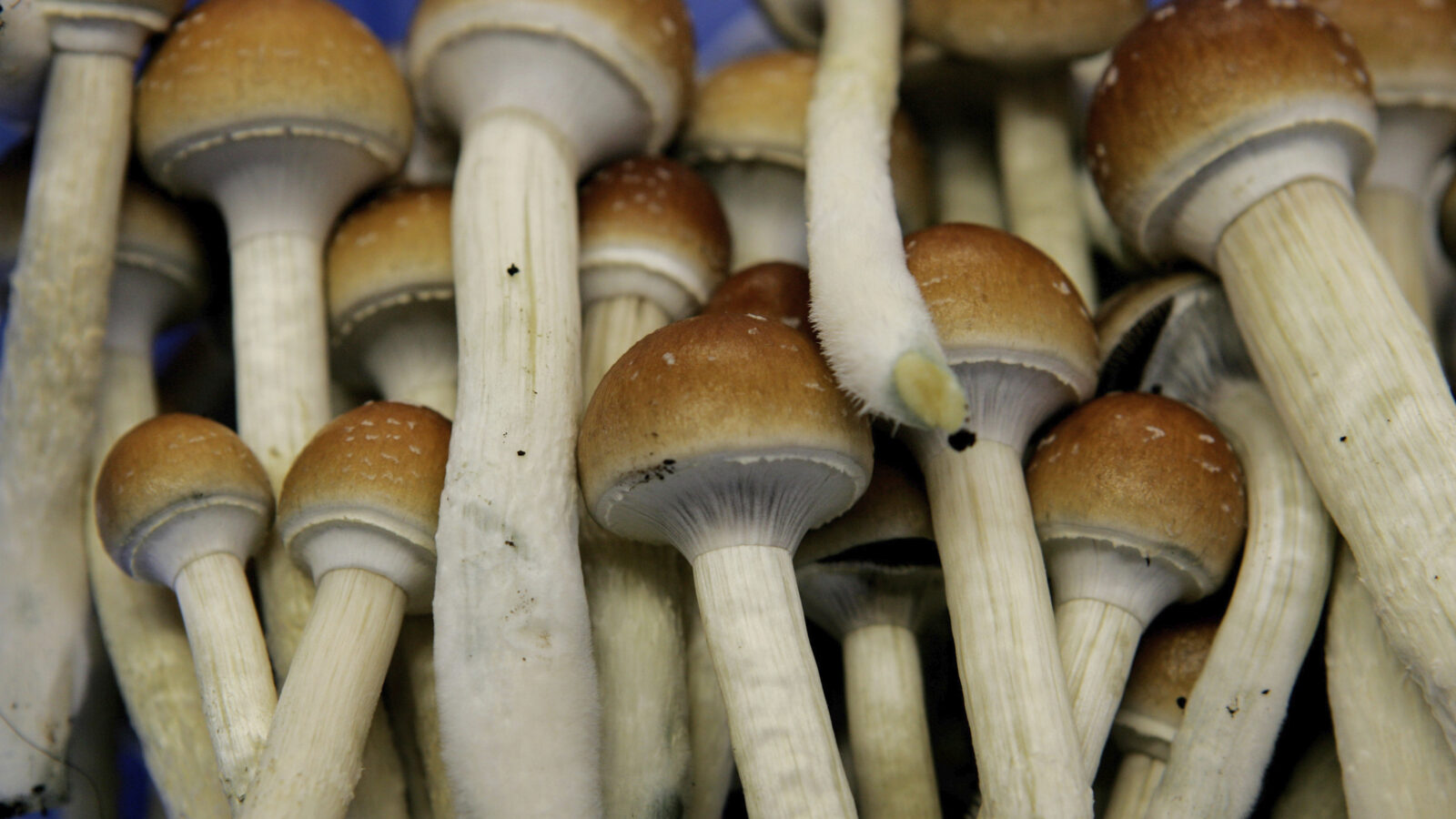COMPASS Pathways Secures $285 Million in Funding to Propel Psychedelic Research for Mental Health
LOS ANGELES- COMPASS Pathways, a biotechnology company at the forefront of mental health innovation, recently secured $285 million in private financing to further its research into the potential benefits of psychedelic medicines. The infusion of funds, expected to sustain the company’s operations until late 2025, comes from 11 leading investment firms, including TCGX and Aisling Capital.
CEO’s Statement and Stakeholders’ Perspective
In a press release, Kabir Nath, CEO of COMPASS Pathways, expressed that the substantial investment stands as a testament to the potential transformative role that psychedelic medicine could play in mental health treatment. The backing from prominent investors emphasizes the significance of a scientific and evidence-based approach to psychedelic therapy.
Progress in Research and Developments
The company has been pioneering in its field, having revealed promising data from the “largest randomized, controlled, double-blind study of psilocybin therapy ever completed” at the APA 2022 Annual Meeting. This data indicated substantial improvements in treatment-resistant depression (TRD) symptoms utilizing their synthetic psilocybin formula, COMP360.
Furthermore, COMPASS Pathways is venturing into phase 3 trials, marking the first of its kind in the domain of psilocybin therapy. The London-based entity is also exploring phase 2 trials targeting post-traumatic stress disorder (PTSD) and anorexia nervosa treatment using COMP360.
FDA’s Recognition and Studies Supporting Psychedelic Therapy
COMP360 had previously acquired the FDA’s Breakthrough Therapy designation in 2018, illustrating its potential superiority over existing treatments. While traditional antidepressants, such as SSRIs, might take weeks to manifest effects, psychedelics like psilocybin offer quicker relief, showing promising results in several studies. However, it’s noted that patients should consider tapering off serotonergic antidepressants before initiating a psilocybin regimen due to potential decreased efficacy.
Landscape of Psychedelic Research
Currently, ketamine stands as the lone FDA-approved psychedelic substance for mental health treatment, primarily used off-label. Nonetheless, the sphere of psychedelic research is expanding. Notably, the University of Texas MD Anderson Cancer Center recently initiated trials investigating psilocybin’s impact on cancer-related mental health issues, affirming its promising role in treating various psychological symptoms, potentially with lasting benefits from a limited number of sessions.
Moreover, recent studies, including one from the Cambridge University Press, hint at the cost-effectiveness of psilocybin-assisted therapy compared to other treatment modalities.
Political Landscape and Future Prospects
The political narrative surrounding therapeutic psychedelics is shifting. Despite President Joe Biden’s reputed conservative stance on substances like cannabis, there seems to be a growing openness towards exploring the therapeutic potential of psychedelics. Prominent figures such as Alexandria Ocasio-Cortez have vocalized concerns regarding Biden’s approach, but optimism persists that the evolving attitude coupled with robust scientific evidence might pave the way for FDA approval of psilocybin and MDMA by year-end, ushering in a new era of mental health treatments.



































